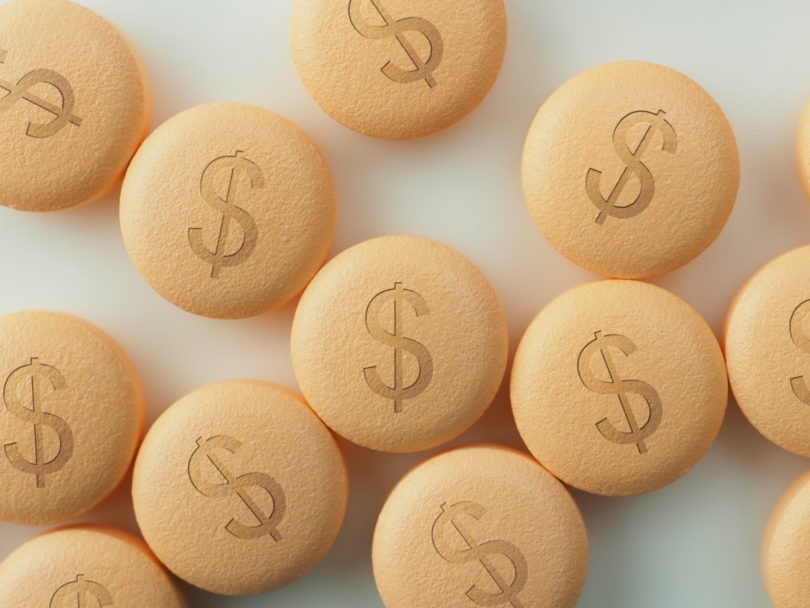When it comes to the pharmaceutical industry, unfortunately, these days it’s more about money than saving lives. But how does big pharma feel about potentially losing more than $18 billion to medical cannabis?
Cannabis helps many people with a variety of physical and mental health conditions. It’s also been used medicinally for centuries and has proven itself, for the most part, to be non-toxic, non-addictive and safe. Cannabis helps with anything from sleeplessness, to pain management, even more severe conditions like epilepsy or Parkinson’s. But it isn’t so easy to make money from something that grows abundantly in nature, and that doesn’t need to be processed or marketed.
As research into the medicinal value of cannabis deepens, big pharma has taken note as its aware that all this cannabis legalization talk would dent their bottom line severely. A new report carried out by investigation firm New Frontier Data came up with some interesting findings.
They looked at how the introduction of cannabis could affect big pharma financially, as Giadha Aguirre De Carcer, CEO of New Frontier Data said, according to an article in Civilized: “If cannabis somehow managed to be adopted nationally, we would start to see a pattern of patients turning to medicinal marijuana as a substitute or a sequel to pharmaceuticals,” he said.

Medical cannabis is poised to take a lot of business from the pharmaceutical industry
New Frontier looked at nine medical conditions that are treated effectively by cannabis. They found that Epilepsy, Glaucoma, Tourette Syndrome, Chemotherapy Induced Vomiting and Nausea (CIVN), Nerve Pain, Anxiety, Post Traumatic Stress Disorder (PTSD), and Chronic Pain can be treated with cannabis, instead of expensive, addictive pharmaceutical drugs that often cause side effects.
Furthermore, a Health Affairs study found that in states where cannabis had become legal medically, there was an 11 percent decrease for prescriptions for pharmaceutical medications to treat those conditions. The New Frontier report took those figures and projected them into the future, looking at the financial impact legalizing medical cannabis will have on the pharmaceutical industry. That’s how they came up with the $18 billion figure – a number that would undoubtedly have Big pharma more than a little concerned.
De Carcer explained: “The United States constitutes 35 percent of the global pharmaceutical market, the largest market in the world, and a major driver of the U.S. economy. It is one of many industries that will be impacted by the growth of the legal cannabis market, and we are already starting to see that trend in legal, medical states where the use of key prescription drugs is down by 11 percent,” he said.
This all points to the fact that cannabis is bad news for big pharma, even if it’s safer and often more effective than some medications. For the time being, it’s an ongoing battle between the cannabis legalization movement and big pharma who influence governments through lobbying. Only time will tell who will win, or whether the pharmaceutical industry will come up with a way to patent cannabis and end the fight there.

